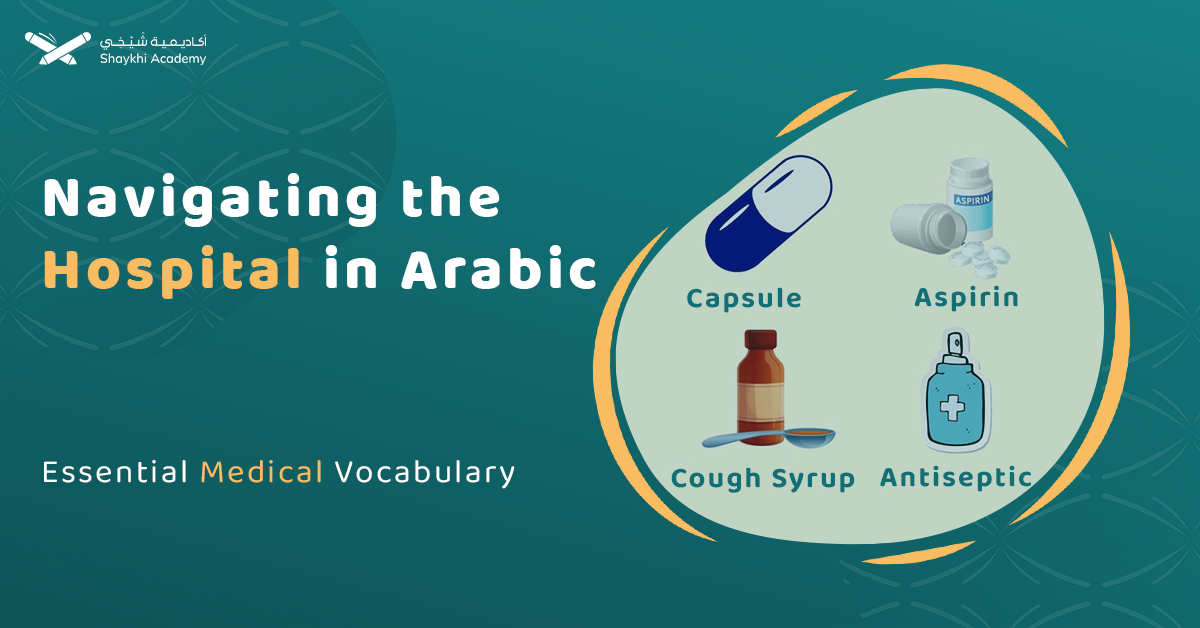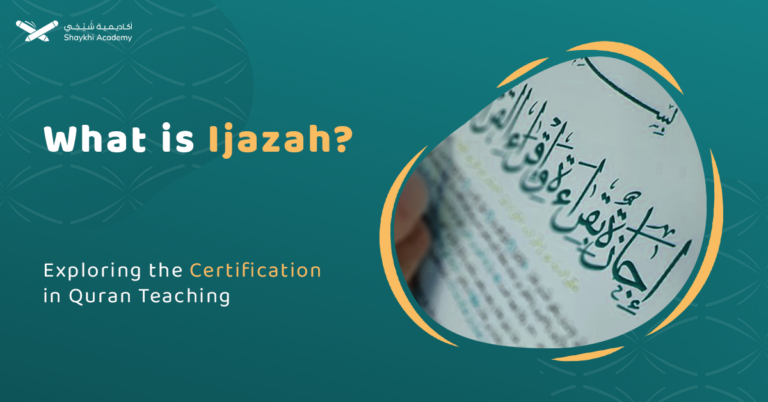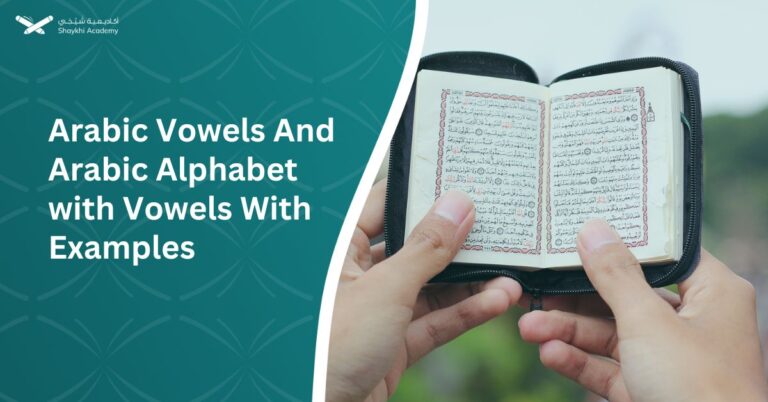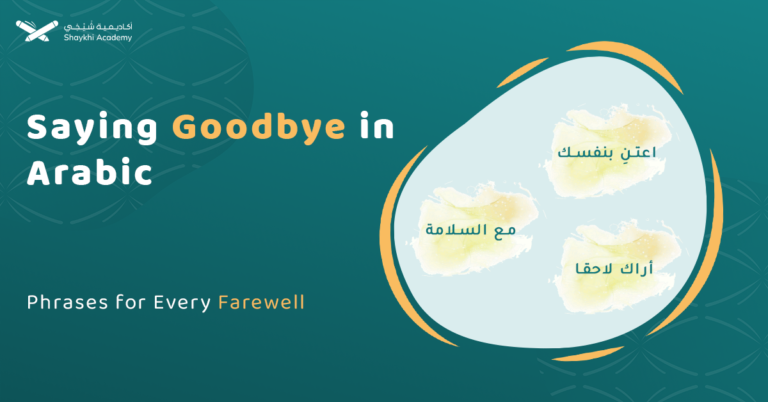Hospitals are essential institutions for providing healthcare services, and knowing the relevant vocabulary can greatly improve your experience in medical settings. Whether you’re a visitor, patient, or healthcare professional, learning hospital vocabulary in Arabic can enhance communication, reduce stress, and ensure you receive the proper care.
This article provides a comprehensive list of essential hospital-related terms in Arabic, categorized for easier learning, and offers tips on how to effectively memorize and apply this vocabulary.
Common Hospital Vocab in Arabic:
Hospitals are places where health services are provided, so learning the relevant vocabulary can be incredibly helpful. Below is a list of essential words related to hospitals in Arabic:
General Hospital Vocab in Arabic
| # | English Term | Transliteration | Translation |
| 1 | Hospital | Mustashfa | مستشفى |
| 2 | Patient | Mareed | مريض |
| 3 | Pharmacy | Saydaliyya | صيدلية |
| 4 | Medicine | Dawa’ | دواء |
| 5 | Emergency | Tawari’ | طوارئ |
| 6 | Appointment | Maw‘id | موعد |
| 7 | Insurance | Tamin | تأمين |
| 8 | Waiting room | Ghurfat al-Intidar | غرفة الانتظار |
| 9 | Discharge | Tasreeh | تصريح |
Medical Professionals Vocab in Arabic
| 10 | Doctor | Tabeeb | طبيب |
| 11 | Nurse | Mumarrida | ممرضة |
| 12 | Surgeon | Jirahi | جراح |
| 13 | Specialist | Khabeer | خبير |
| 14 | Pharmacist | Saydalani | صيدلاني |
| 15 | Technician | Fani | فني |
| 16 | Dentist | Tabeeb Asnan | طبيب أسنان |
| 17 | Physiotherapist | A’laaj Al-Tadreeb | علاج التأهيل |
Facilities and Equipment Vocab in Arabic
| 18 | Clinic | ‘Iyada | عيادة |
| 19 | Ambulance | Is‘aaf | إسعاف |
| 20 | Hospital bed | Sareer Al-Mustashfa | سرير المستشفى |
| 21 | Operating room | Ghurfat Al-‘Amaliyyat | غرفة العمليات |
| 22 | MRI machine | Jahaaz Al-MRI | جهاز الرنين المغناطيسي |
| 23 | X-Ray machine | Jahaaz Ash‘a | جهاز الأشعة |
| 24 | Oxygen mask | Mask Al-Oksyjen | قناع الأوكسجين |
| 25 | IV drip | Qathaar Al-Wa’id | قثطار الوريد |
Medical Procedures and Tests
| 26 | Examination | Fahs | فحص |
| 27 | Surgery | ‘Amaliyya Jirahiya | عملية جراحية |
| 28 | X-Ray | Ash‘a | أشعة |
| 29 | Tests | Tahaleel | تحاليل |
| 30 | Blood pressure | Dagt Al-Dam | ضغط الدم |
| 31 | Pulse | Nabd | نبض |
| 32 | Vaccination | Tat‘eem | تطعيم |
| 33 | Ultrasound | Al-Sonaar | الموجات فوق الصوتية |
| 34 | Blood test | Ikhtibar al-Dam | اختبار الدم |
Conditions and Symptoms Vocab in Arabic
| 35 | Fever | Hummaa | حمى |
| 36 | Cough | S‘al | سعال |
| 37 | Headache | Su‘aab Ra’s | صداع رأس |
| 38 | Pain | Alam | ألم |
| 39 | Nausea | Ghashyan | غثيان |
| 40 | Shortness of breath | Qillat al-Nafas | قلة النفس |
Why Learn Hospital Vocab in Arabic?
Learning hospital vocabulary in Arabic can be incredibly beneficial, especially for those living in Arabic-speaking countries or who need to navigate healthcare settings. Here are some reasons why it’s important:
1. Improved Communication with Medical Professionals
By understanding basic hospital vocabulary, you can communicate more effectively with doctors, nurses, and other medical professionals. This is crucial for discussing symptoms, understanding diagnoses, and receiving instructions regarding treatment.
2. Emergency Situations
In emergencies, being able to quickly communicate with healthcare providers can be life-saving. Knowing terms related to emergencies, such as “ambulance” (إسعاف – Is‘aaf) or “emergency room” (طوارئ – Tawari’), ensures you can act swiftly and get the help needed.
3. Understanding Medical Procedures
When undergoing tests or procedures, it’s important to understand what is being said. Whether it’s a surgery (عملية جراحية – ‘Amaliyya Jirahiya) or an X-ray (أشعة – Ash‘a), knowing the terms can help reduce anxiety and ensure you understand the medical process.
4. Better Navigation in Healthcare Facilities
Hospitals and clinics can be confusing to navigate, especially if you’re unfamiliar with the language. Knowing terms like “waiting room” (غرفة الانتظار – Ghurfat al-Intidar) or “pharmacy” (صيدلية – Saydaliyya) can make your visit smoother and more efficient.
5. Enhancing Patient Care
For patients, understanding hospital vocabulary can help them ask questions about their treatment, medications, or recovery process. Being informed leads to better self-care and reduces confusion.
6. Cultural and Regional Integration
Learning hospital vocabulary in Arabic helps you integrate into Arabic-speaking cultures, especially if you’re living, working, or traveling in these regions. It enhances your ability to interact with local healthcare systems effectively and respectfully.
Understanding key medical terms in Arabic can make healthcare experiences more manageable, improving overall confidence and comfort in these situations.
How to Learn Hospital Vocab in Arabic?
Learning hospital vocabulary in Arabic can be a valuable skill for communication in medical settings. Here are some effective strategies to help you learn and retain hospital-related terms:
1. Start with Basic Terms and Categories
Begin by focusing on the most essential vocabulary. Start with categories such as General Terms (e.g., “hospital” – مستشفى – Mustashfa) and Medical Professionals (e.g., “doctor” – طبيب – Tabeeb). Breaking the vocabulary down into smaller, manageable groups can make learning more structured and less overwhelming.
2. Use Flashcards
Create flashcards with the English term on one side and the Arabic translation on the other. You can use physical flashcards or digital platforms like Anki or Quizlet, which allow you to study on the go and track your progress. Repeated exposure through flashcards helps reinforce the vocabulary.
Hospital vocab in Arabic can be a bit difficult for kids to grasp, yet they are important to teach to kids to guarantee their safety. So, in many Arabic courses for kids, tutors use flashcards to simplify the concepts and introduce the objects to kids in an appropriate manner.
3. Practice Speaking and Pronunciation
Pronunciation is key when learning medical vocabulary. Make sure to practice saying the words aloud. You can use language apps or websites, like Forvo, to listen to native speakers pronounce the terms. Repeating the terms will help solidify them in your memory.
4. Immerse Yourself in Arabic Medical Content
Exposure to the language in real-world contexts is one of the most effective ways to learn. Watch Arabic-language medical videos, TV shows, or films that feature hospital settings. Listening to medical discussions will help you recognize the terms in context, making it easier to remember.
5. Use Language Learning Apps
Several language learning apps focus on teaching medical terminology in Arabic. Apps like Duolingo, Memrise, or Babbel offer lessons specifically for learners who want to communicate in medical settings. Some apps provide themed lessons, which may include hospital or healthcare-related vocabulary.
6. Practice with a Native Speaker
Finding a language partner or tutor who is a native Arabic speaker can greatly accelerate your learning. You can practice speaking and asking questions about medical topics, and they can provide real-time feedback on your pronunciation and usage of terms.
7. Learn Through Role-Playing
Role-playing is an excellent way to practice hospital vocabulary in context. Set up mock doctor’s visits with a study partner or tutor. This interactive method will help you use the terms in a real-world context, improving both your understanding and fluency.
8. Read Arabic Medical Materials
Reading Arabic medical texts, whether they’re articles, brochures, or websites, is a great way to reinforce what you’ve learned. Many hospitals and health organizations have Arabic-language websites that include common terms and phrases related to healthcare. Enrolling in an Arabic course can help you improve your reading skills.
9. Focus on Key Phrases for Common Situations
Knowing a few key phrases can be extremely helpful, especially for navigating the hospital setting. Learn phrases like “Where is the emergency room?” (أين غرفة الطوارئ؟ – Ayna Ghurfat al-Tawari’?) or “I have a headache” (أنا عندي صداع – Ana ‘indi sada‘). These will help you quickly express your needs in an emergency or routine visit.
10. Review and Practice Regularly
Consistency is crucial when learning any new language. Set aside time each day to review your vocabulary, practice speaking, and test your knowledge. Regular practice ensures that the terms remain fresh in your mind and are easy to recall when needed.
By following these strategies, you can build a solid foundation of hospital-related vocabulary in Arabic, making it easier to navigate healthcare settings and communicate with medical professionals.
Read more about: Arabic Media And The Arts Vocabulary
Start Your Arabic Learning Journey Today with Shaykhi Academy!
Ready to take your Arabic skills to the next level? Our Intermediate Level Arabic Course is designed to help you build on your foundational knowledge and advance your fluency in both everyday conversations and more complex topics. With expert guidance, interactive lessons, and personalized feedback, you’ll be able to deepen your understanding of the Arabic language.
Don’t wait – enroll now and start mastering Arabic with us at Shaykhi Academy!
Why Shaykhi Academy?
- Expert Native Tutors: Learn from highly qualified native Arabic speakers.
- Flexible Scheduling: Tailor your classes to fit your busy life.
- Affordable Learning: Access top-quality education at a price that suits you.
- Global Access: Study from anywhere in the world.
Explore Our Arabic Courses:
- Noorani Qaida: Build a strong foundation in Quranic Arabic.
- Comprehensive Arabic Courses: Master the Arabic language, from beginner to advanced levels.
- Fusha Arabic Classes: Delve into Modern Standard Arabic, the key to understanding literature, media, and formal communication across the Arab world.
- Quranic Arabic Course: Enhance your connection with the Quran by learning the language in which it was revealed.
Start Your Arabic Journey Today! Whether you’re just starting or looking to deepen your knowledge, Shaykhi Academy is here to support your journey. Book your free trial now and begin your path to Arabic mastery!

The Conclusion:
Incorporating hospital-related vocabulary into your Arabic language skills can significantly improve your ability to navigate healthcare environments. By mastering key terms, you’ll be able to communicate effectively with medical professionals, understand procedures, and handle emergencies with greater confidence.
Regular practice, exposure to real-world contexts, and using practical learning methods will ensure that you can seamlessly integrate this essential vocabulary into your everyday interactions in Arabic-speaking regions.

















































